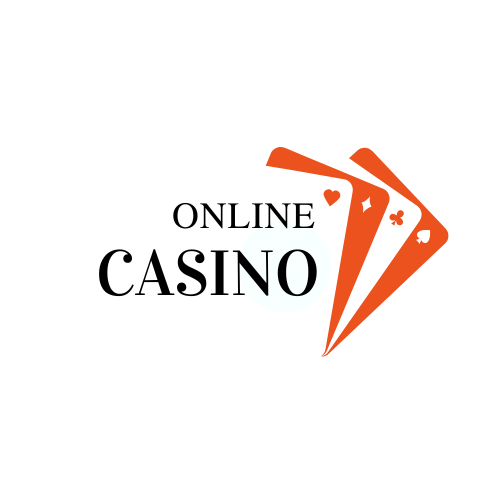Exploring Psychedelic Realms: Magic Mushrooms Unveiled
Magic mushrooms, scientifically known as psilocybin mushrooms, have captivated human curiosity and culture for centuries. These fungi, containing psychoactive compounds like psilocybin and psilocin, are celebrated not just for their hallucinogenic effects but also for their potential therapeutic benefits and profound impact on human consciousness.
Natural Origins and Cultural History
Magic mushrooms have a rich history intertwined Magic Mushroom Spores Australia with human civilization. They are found naturally in various parts of the world, often thriving in humid climates and forested regions. Cultures across different continents have revered these mushrooms for their perceived ability to induce altered states of consciousness, spiritual visions, and profound introspection.
Ancient cultures, from Mesoamerican civilizations like the Aztecs and Mayans to tribes in Africa and Asia, used magic mushrooms in religious ceremonies and healing rituals. These mushrooms were seen as conduits to divine realms, facilitating communication with spirits and enhancing spiritual awareness.
Chemistry and Effects
Psilocybin, the primary psychoactive compound in magic mushrooms, interacts with serotonin receptors in the brain, leading to altered perceptions, mood changes, and sometimes mystical experiences. When ingested, psilocybin is converted into psilocin, which is responsible for the hallucinogenic effects felt by users. These experiences can vary widely, from euphoria and visual distortions to deep introspection and spiritual insights.
Research into the neurochemistry of psilocybin suggests that it can temporarily reorganize brain networks, promoting new perspectives and potentially aiding in the treatment of conditions like depression, anxiety, and PTSD. Modern studies have revived interest in the therapeutic potential of magic mushrooms, paving the way for controlled clinical trials and renewed scientific inquiry.
Contemporary Context and Legal Landscape
Despite their historical significance and potential therapeutic benefits, magic mushrooms face legal restrictions in many parts of the world. The classification of psilocybin as a Schedule I substance in some countries limits research and access, although recent shifts in public opinion and scientific findings are gradually influencing policy changes.
In jurisdictions where regulations are more permissive, such as in parts of North America and Europe, there is a growing movement to decriminalize or legalize psilocybin for medical or even recreational use. Advocates argue that responsible use and informed regulation could harness the therapeutic potential of these mushrooms while mitigating risks.
Ethical Considerations and Future Prospects
As society reevaluates its approach to psychedelic substances, including magic mushrooms, ethical considerations regarding safety, accessibility, and cultural sensitivity come to the forefront. Balanced discourse, informed by both scientific research and cultural heritage, is crucial in shaping policies that respect both individual liberties and public health.
Looking forward, ongoing research and societal dialogue hold the promise of unlocking more of the mysteries surrounding magic mushrooms. Whether as a catalyst for personal growth, a tool for therapeutic breakthroughs, or a subject of cultural fascination, these enigmatic fungi continue to inspire awe and intrigue in the human experience.
In conclusion, magic mushrooms represent a nexus of ancient wisdom, modern scientific inquiry, and evolving societal attitudes. Their journey from ancient rituals to contemporary laboratories underscores their enduring role in shaping human consciousness and our understanding of the natural world.
